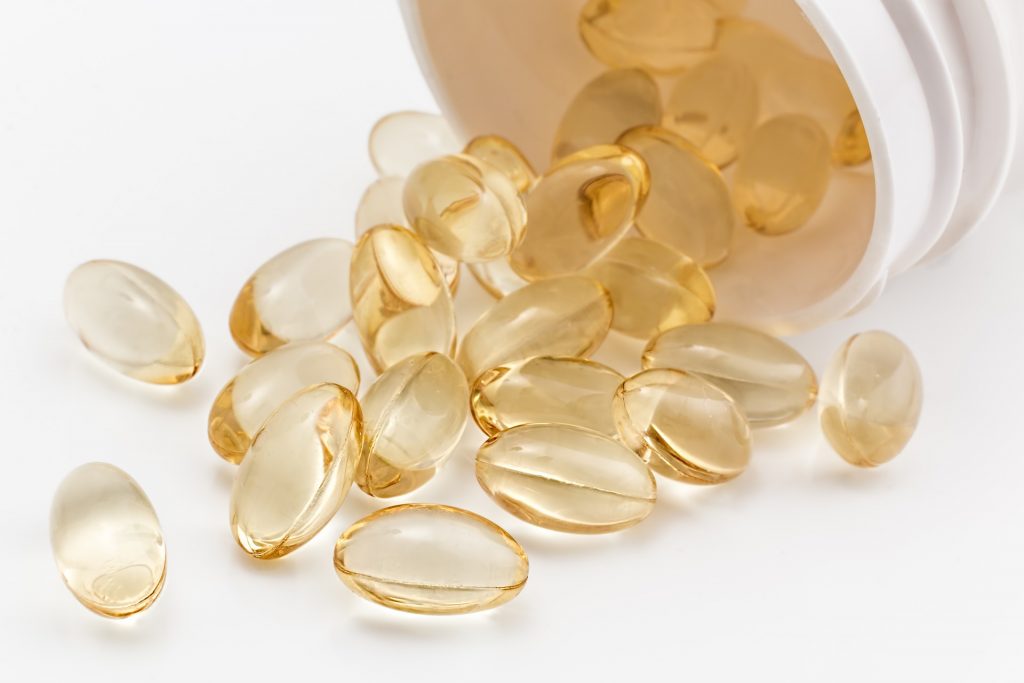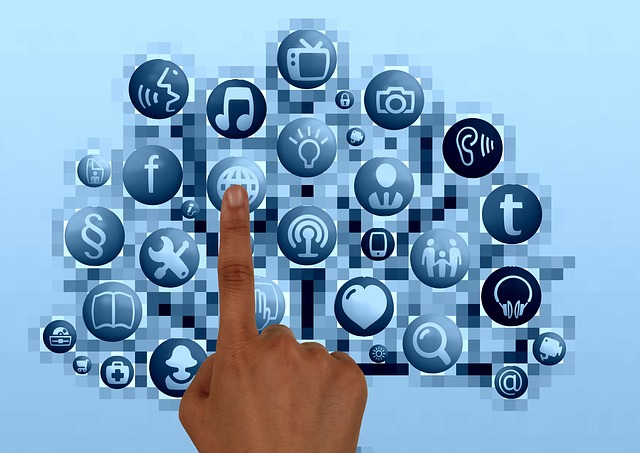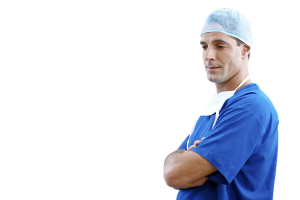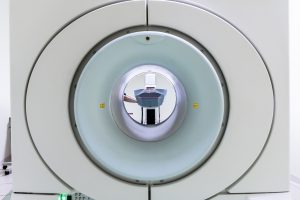 Humanity has a natural urge to become better over time. For thousands of years we have evolved into stronger, smarter beings. We are able to adapt to a fast-changing world and survive accordingly. Today, this process can be accomplished faster and with better results thanks to supplements. Available in thousands of brand names, content and formulations, supplements complement regular nutrition to speed up or maximize physical or mental growth. They are a new way to perform better in a highly competitive society.
Humanity has a natural urge to become better over time. For thousands of years we have evolved into stronger, smarter beings. We are able to adapt to a fast-changing world and survive accordingly. Today, this process can be accomplished faster and with better results thanks to supplements. Available in thousands of brand names, content and formulations, supplements complement regular nutrition to speed up or maximize physical or mental growth. They are a new way to perform better in a highly competitive society.
How supplements have transformed day to day nutrition
Many people today use supplements to complement their daily nutrition. Seeing as we live in a fast-paced world, there is hardly enough time to sit down and have a hearty, healthy meal. Therefore, we survive on snacks during the day (usually not very healthy ones) and only have one or two substantial meals. Therefore, we consume supplements to cover the nutrient deficit. With new studies and scientific findings coming out everyday that figure out, different nutritional balances the body needs, it is no surprise to see supplements on the rise to help cover up the areas we lack.

White Willow Bark – used to be just a spice, but the properties have shown to help with aches and pains, and so it has become part of the supplement world.
While it is easy to just take a multi-vitamin every morning, people don’t want to take something with so many things in it anymore. Nowadays, people want to take an exact ingredient that they hear about that will fix their exact ailment, and there are thousands of choices out there now for them to make. Whether it is white willow bark to help with a persons every day aches and pains as they age, or apple cider vinegar that can’t help a persons metabolism process, people are starting to look for a more natural ingredient to take to see if it will help fix their problems. There are various brands of high quality, effective supplements such as TerraForm Nutrition popping up that offer tons of choices for whatever you are looking for. This is opposed to seeing a doctor or getting on prescribed medications, which used to be the way to go – but with medical costs and medication costs on a step rise, people have turned to supplements to help them with the issues.
A Better Way?
While the verdict is still out on whether supplements are more effective, there has definitely been a huge spike in the use. The producers of supplements make them tasty, convenient and packed full of highly beneficial nutrients for our bodies. Therefore, they are our ever-present, nutritional help. This new form of nutrient delivery into the body has created a new lifestyle. We now use natural food and supplements to keep our bodies healthy and functioning throughout the day. In most cases, the supplements are made using natural ingredients, and that is good to see, especially as we learn more and more about the side-effects of various prescribed medications. As always with anything related to medicine, it is always a good idea to get your doctors input on these kinds of things!

 Sophisticated technologies have always played an essential role in the medical field. Each year brings forth extraordinary machines and tools to a physician’s bag. 2017 was a remarkable year. We saw pretty impressive refinements and developments in medical technologies- the coming years promise to usher more of the same. Here is a list of new tech in medicine that we look forward to
Sophisticated technologies have always played an essential role in the medical field. Each year brings forth extraordinary machines and tools to a physician’s bag. 2017 was a remarkable year. We saw pretty impressive refinements and developments in medical technologies- the coming years promise to usher more of the same. Here is a list of new tech in medicine that we look forward to The use of mobile technology has quickly found its way in the medical field. Research shows that this penetration will continue rising and is likely to reach 95% by 2020. Technology integration has helped in reducing barriers to health care access. It has also given patients tools for taking personal responsibility for their health. On the part of physicians, they now have the flexibility to accomplish their day-to-day tasks with ease.
The use of mobile technology has quickly found its way in the medical field. Research shows that this penetration will continue rising and is likely to reach 95% by 2020. Technology integration has helped in reducing barriers to health care access. It has also given patients tools for taking personal responsibility for their health. On the part of physicians, they now have the flexibility to accomplish their day-to-day tasks with ease. One of the sad realities everyone lucky enough to have a job in these times is this: it eventually gets boring. It doesn’t matter what you’re doing – whether you’re regularly performing rocket surgery or if your sole responsibility lies in making sure flies don’t get on the drying paint – it gets old. And the risk of burning out becomes a very real threat.
One of the sad realities everyone lucky enough to have a job in these times is this: it eventually gets boring. It doesn’t matter what you’re doing – whether you’re regularly performing rocket surgery or if your sole responsibility lies in making sure flies don’t get on the drying paint – it gets old. And the risk of burning out becomes a very real threat. Technology refers to the use of modern tools and machines to solve any real-world problem. Over the centuries there have been new medical developments and techniques. Below are some amazing technological innovation in the field of medicine:
Technology refers to the use of modern tools and machines to solve any real-world problem. Over the centuries there have been new medical developments and techniques. Below are some amazing technological innovation in the field of medicine: